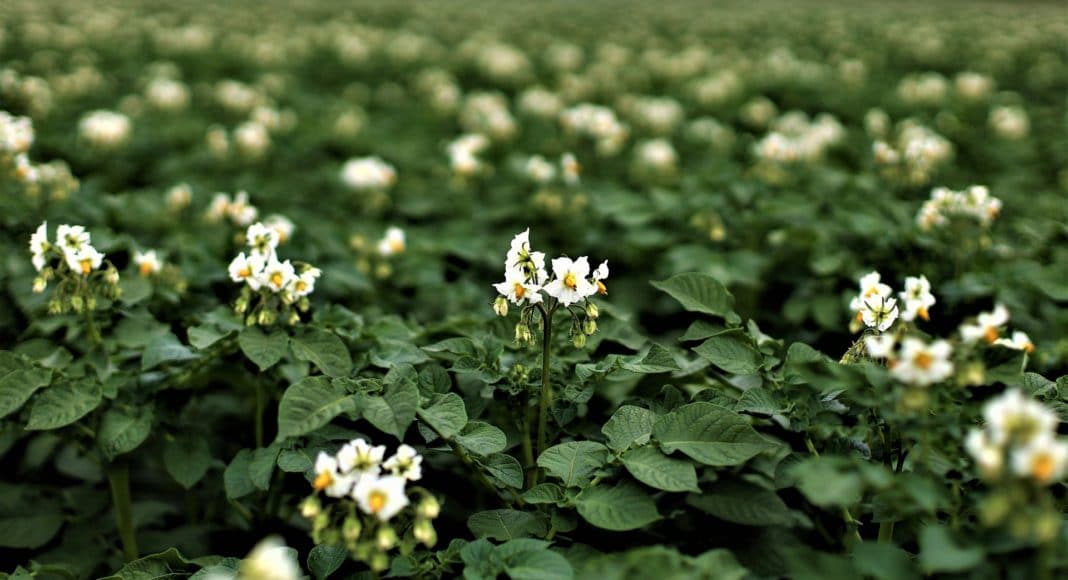Of all the many factors that influence a potato plant’s lifecycle, I challenge you to name me anything more incredible than the messengers we call plant hormones. It’s mind-blowing to imagine that these chemical mailmen can control everything from a tuber’s dormancy break, to the direction a potato plant’s leaves grow, to the timing and initiation of end-of-season dry-down… and literally everything in between. Understanding how potato plant hormones work isn’t just interesting; it can have very direct impacts on one’s economic returns.
This article is the first in a three-part series digging into the three most critical – and controllable – potato hormones. To help walk us through the science of plant hormones, we’ve enlisted University of Manitoba plant scientist, Mark Belmonte. Not surprisingly, we’ll be starting with gibberellic acid (GA), the one hormone many farmers are familiar with.
Brodie Workman (BM): To start, Mark, can you describe how a potato plant uses GA?
Mark Belmonte (MB): At its most simplified, seed germination is the remobilization of nutrients: the moving of nutrients from inactive storage in the tuber into active use in the developing roots and shoots of a seedling plant. GA is the plant hormone that kick-starts the transition from a dormant tuber to one that is actively growing and mobilizing nutrients.
In addition to getting germination rolling, GA acts as a cell sizer, signalling the root and shoot cells to elongate. What that means is that, in addition to transitioning the tuber from dormancy to growth, GA will help send the roots deep and shoots skyward quickly.
BM: So how does our understanding of GA impact farm management?
MB: Researchers first identified GA’s impact on crop growth in the 1930’s. They quickly realised that, while GA is naturally occurring, supplementing extra GA at the right time stimulates rapid root and shoot growth. Synthetic GA supplements have been available on the market and widely used by producers for several decades. Bioidentical to what the plant produces itself, synthetic GA is indistinguishable from natural GA in both chemistry and function, and just as effective in promoting growth.
BM: And yet, you don’t recommend GA a stand-alone product?
MB: While GA is a critical component of germination and growth, it’s important to recognize its limitations. GA is just one of three key hormones that influence potato growth. Where GA supports germination and cell elongation, two other hormones – cytokinin and auxin – support cell initiation, differentiation and division. Applied together, the three act like a balanced, three-legged stool to promote even, balanced growth. No single hormone supplement can achieve what’s possible when the three hormones are applied together. And, while GA can help with germination, it can’t help a plant overcome abiotic, environmental stresses. That’s where a complete hormone package will be more beneficial.
Related Articles
Looking to Maximize Production Per Acre? Take Another Look at Plant Growth Regulators











